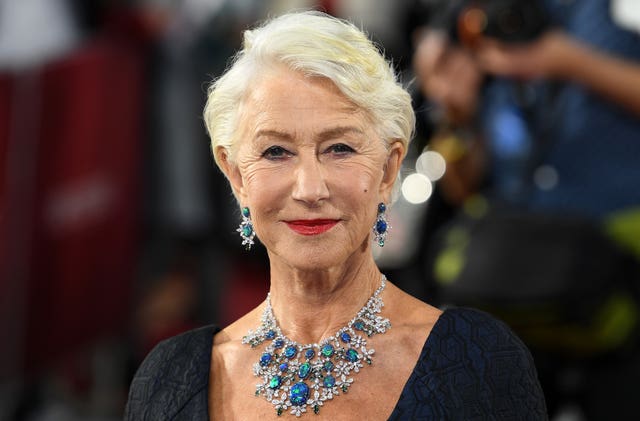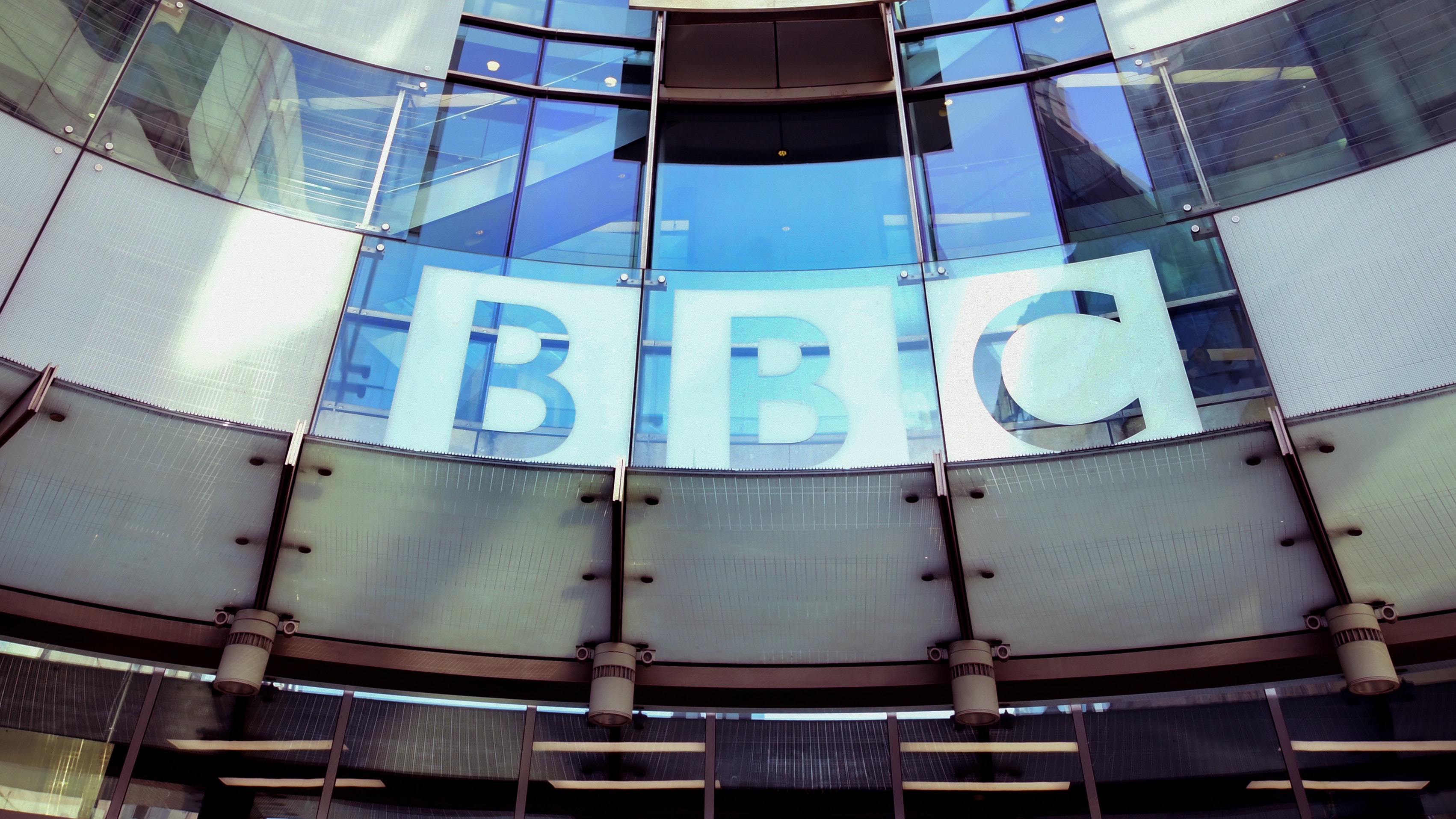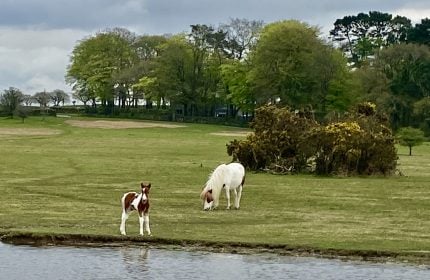Free TV licence for over-75s to be means-tested from August 1
The free TV licence for over-75s will be means-tested from August 1, the BBC has said.
The broadcaster previously postponed the axing of the universal entitlement for pensioners because of the coronavirus pandemic.
Means-testing was pushed back from June 1 to August 1, with outgoing director-general Lord Tony Hall saying it was not the right time to introduce it in “the middle of a crisis”.
But the corporation has now said the new scheme will begin on August 1.
BBC chairman Sir David Clementi said: “The decision to commence the new scheme in August has not been easy, but implementation of the new scheme will be Covid-19 safe.
“The BBC could not continue delaying the scheme without impacting on programmes and services.
“Around 1.5 million households could get free TV licences if someone is over 75 and receives Pension Credit, and 450,000 of them have already applied.
BBC to end free licence fee for most over-75s from 1 August, after a two-month delay due to coronavirus pandemic https://t.co/NxnBYYg6Kc
— BBC Breaking News (@BBCBreaking) July 9, 2020
“And critically, it is not the BBC making that judgment about poverty. It is the Government who sets and controls that measure.
“Like most organisations, the BBC is under severe financial pressure due to the pandemic, yet we have continued to put the public first in all our decisions.
“I believe continuing to fund some free TV licences is the fairest decision for the public, as we will be supporting the poorest, oldest pensioners without impacting the programmes and services that all audiences love.”
The broadcaster has been urged by charities such as Age UK to scrap the decision to end the universal benefit.

A TV licence
The charity called on the “BBC and the Government to sit down and agree a way forward”, saying that pensioners relied on their free TV licence more than ever, as their main source of news and information about Covid-19 in lockdown.
The free TV licence was introduced in 2000, but the BBC agreed to take on responsibility for funding the scheme as part of the charter agreement hammered out with the Government in 2015.
The broadcaster, which faces increased competition from streaming giants, has said it cannot afford to take on the financial burden from the Government.
Continuing with the Government scheme would have cost the corporation £745 million, the BBC said, meaning the closures of BBC Two, BBC Four, the BBC News Channel, the BBC Scotland channel, Radio 5 Live, and a number of local radio stations, as well as other cuts and reductions.
But the move provoked a swathe of criticism, with the likes of Dame Helen Mirren calling the end of the universal entitlement “heartbreaking”, and former prime minister Gordon Brown saying “costs should be covered by the Government”.

Dame Helen Mirren said the decision was ‘heartbreaking’
The decision comes as the Government is set to announce its response to a consultation on decriminalising licence fee evasion.
The Government launched an eight-week consultation in February which received more than 100,00 responses.
A report in May in The Times newspaper, citing data obtained via the Freedom of Information Act, suggested that hundreds of people had opted to cancel their TV licence each day over the past five months.
The broadcaster has launched a programme of voluntary redundancy as it attempts to make £125 million in savings this year – on top of the previous £800 million savings target – due to the pandemic.
It has also announced job cuts in TV news and local radio in England and said it was axing more than 150 roles in Scotland, Wales and Northern Ireland.
It also plans to cut around 450 jobs in BBC News, to take place at a later date.
The broadcaster said safety would be at the “heart” of the scheme”, as “no-one needs to take any immediate action, or leave their home, to claim for a free TV licence or pay for one”.
Digital, Culture, Media and Sport Committee chairman Julian Knight described the decision as a “body blow to millions of British pensioners”, saying he had hoped the Government and the BBC would thrash out “a fresh deal”.
The Conservative MP said: “This mess is a result of a poor decision struck by the outgoing director-general and now Britain’s pensioners are having to pick up the cost.”
Broadcasting union Bectu said the Government should pay for the entitlement.
Its head Philippa Childs said: “This BBC has been put in an impossible position by the Government on free licences… It should never have had to choose between charging over-75s and losing essential revenue.
“The BBC’s role is to inform educate and entertain the nation, not make welfare or benefit decisions. That is the role of government and it is the Government who should be administering and funding this benefit.”
Do you currently have a free TV licence? How does today’s announcement make you feel?
The Press Association
Latest posts by The Press Association (see all)
- World Penguin Day: Test your knowledge with our penguin-themed quiz - April 23, 2024
- Kate’s new photo of Louis released to celebrate prince’s sixth birthday - April 23, 2024
- Alan Titchmarsh: Slugs are never going to be my friends - April 23, 2024
- Prince Louis celebrates sixth birthday - April 23, 2024
- Special episode of Planet Earth III to be narrated by schoolchildren - April 22, 2024






















